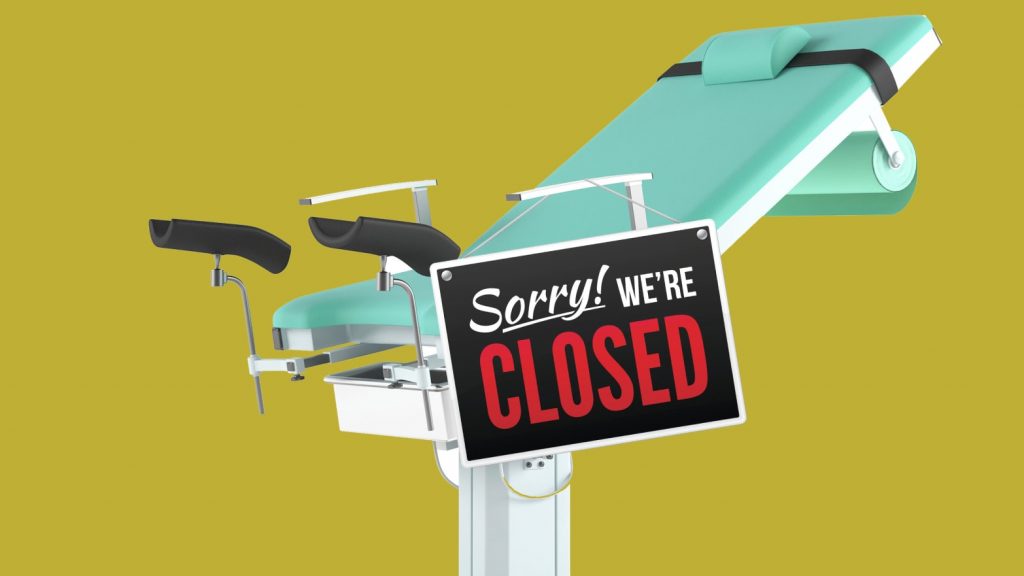Blog Post
Forty-one abortion clinics have closed in the last two years
TIME Magazine just published this cheery headline: “Abortion Clinics Are Rapidly Closing. Many Won’t Come Back.”
This is great news. Fewer abortion clinics means lesser availability; lesser availability, according to the data, means fewer women choose abortion and more choose life. When abortion is hard to access, people modify their behavior. That is one simple reason closing clinics has been such an effective way of driving down the U.S. abortion rate, which has gone down by more than 50% since 1980.
From the article:
Dr. Yashica Robinson is an optimist—and that, she says, is fortuitous. As one of the last abortion providers in Alabama, a willingness to see the bright side is practically a job requirement. For much of the past year, Robinson, who is the medical director at the Huntsville-based Alabama Women’s Center for Reproductive Alternatives, and her staff have fought to overcome the challenges posed by COVID-19, while simultaneously battling a state effort to suspend all abortion services during the pandemic. “We will continue to be innovative and be creative and find ways that we will make this work,” she says, with characteristic resolve.
But there’s one topic that clouds Robinson’s confident disposition: her clinic’s limping finances. The truth, Robinson says, is that the economic fallout resulting from the coronavirus, combined with Alabama’s increasing restrictions on abortion, has hurt the clinic’s financial stability “tremendously.” When Alabama suspended “elective” medical procedures, including abortions, in late March, the Alabama Women’s Center cancelled a week of appointments. Even after a federal appeals court ruled that Alabama couldn’t block all abortions, Robinson had to file paperwork to justify each abortion she provided for the month the state’s emergency public health order was in place, adding time and costs to every appointment.
Most independent abortion clinics across the country are in a similar boat. Keeping clinic doors open during COVID-19 has required spending much more money—on on cleaning and personal protective equipment, and on hiring more staff to facilitate social distancing rules that also reduced the number of patients who could be seen. At at the same time, 11 states temporarily suspended abortion services this spring, amid the growing pandemic. While all of those orders were blocked by courts or expired, the temporary closures and legal battles were financially devastating for independent abortion clinics. Meanwhile, as layoffs have spiked and businesses have gone under, patients have been less able to pay for their care, putting clinics even more in the red.
The result of this confluence of factors is that a growing number of independent clinics have closed their doors, according to a new report from the Abortion Care Network, a national association for independent abortion providers. This wave of shutterings continues a longer-term national trend. The number of independent abortion clinics in the U.S. has fallen 34% in recent years, from 510 in 2012 to 337 as of November. A total of 41 clinics have closed in the past two years alone. These closures have significant consequences for abortion access, as 58% of people seeking abortions get them at independent clinics.
Forty-one clinics closed in twenty-four months—incredible news.
***
Check out my interview with Operation Rescue’s Troy Newman, who works to shut down abortion clinics. His stories are incredible.








